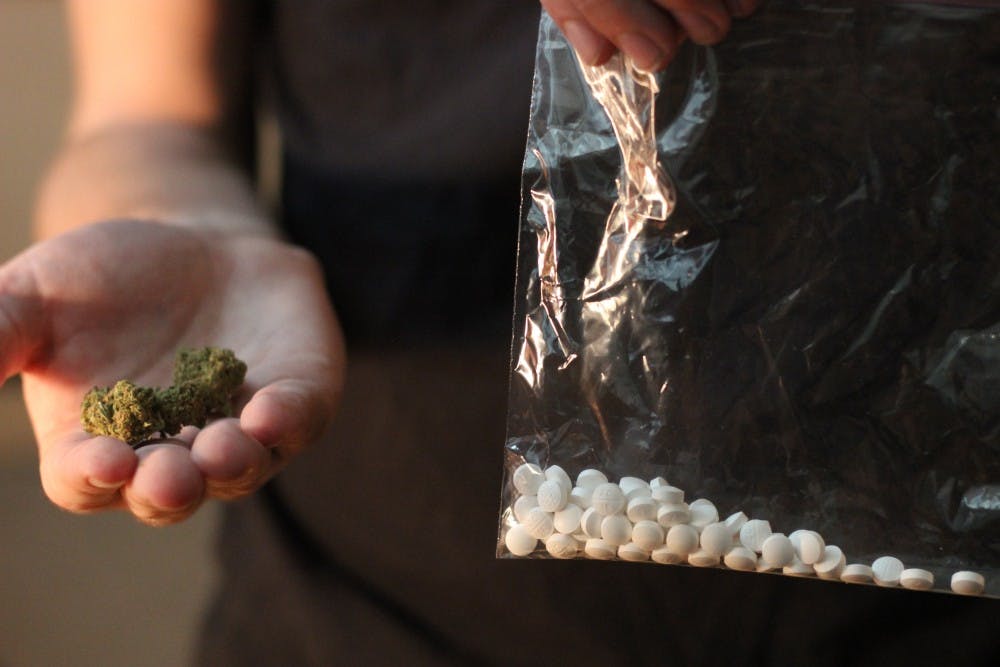Weed, pot, grass, herb, flower, marijuana and cannabis. Whether grown, bought, sold, smoked or ingested, there are myriad ways to reference one of the most widely-used drugs in the world.
Currently, cannabis is prohibited for most uses, except for some medicinal exceptions, in North Carolina. Depending on the amount possessed, the illegal possession, distribution and cultivation can result in either a misdemeanor or a felony.
The words decriminalization and legalization are often incorrectly used interchangeably when people speak about legislation surrounding the drug.
Decriminalization refers to loosening criminal penalties related to marijuana usage from a personal standpoint. This does not include the manufacturing and selling of marijuana — both of which are still illegal.
Simply put, decriminalization means individuals caught in the possession of marijuana will be imposed with civil fines rather than criminal charges.
Legalization is the lifting of laws that ban the possession and personal use of marijuana. This would remove the civil fines charged under decriminalization. The legalization of marijuana allows the government to regulate and tax marijuana use and sales.
Historically, the state has worked to pass legislation that would legalize the use of medical marijuana. However, none have yet been successful. In 1997, House Bill 1325 was passed to decriminalize cannabis possession. Medical legalization bills have failed in the past, particularly in the years 2015, 2017 and 2019.
Proponents for the legalization of marijuana argue that allowing its manufacturing and sale can remove the substance from the hands of criminals, those who illegally manufacture and sell it.
The manufacturing and sale can also provide a new stream of revenue. Not only does the legalization of marijuana help the economy, the regulation of sales allows for the product to be safer for consumers by taking away the ability for those who sell the drug to lace their products.




